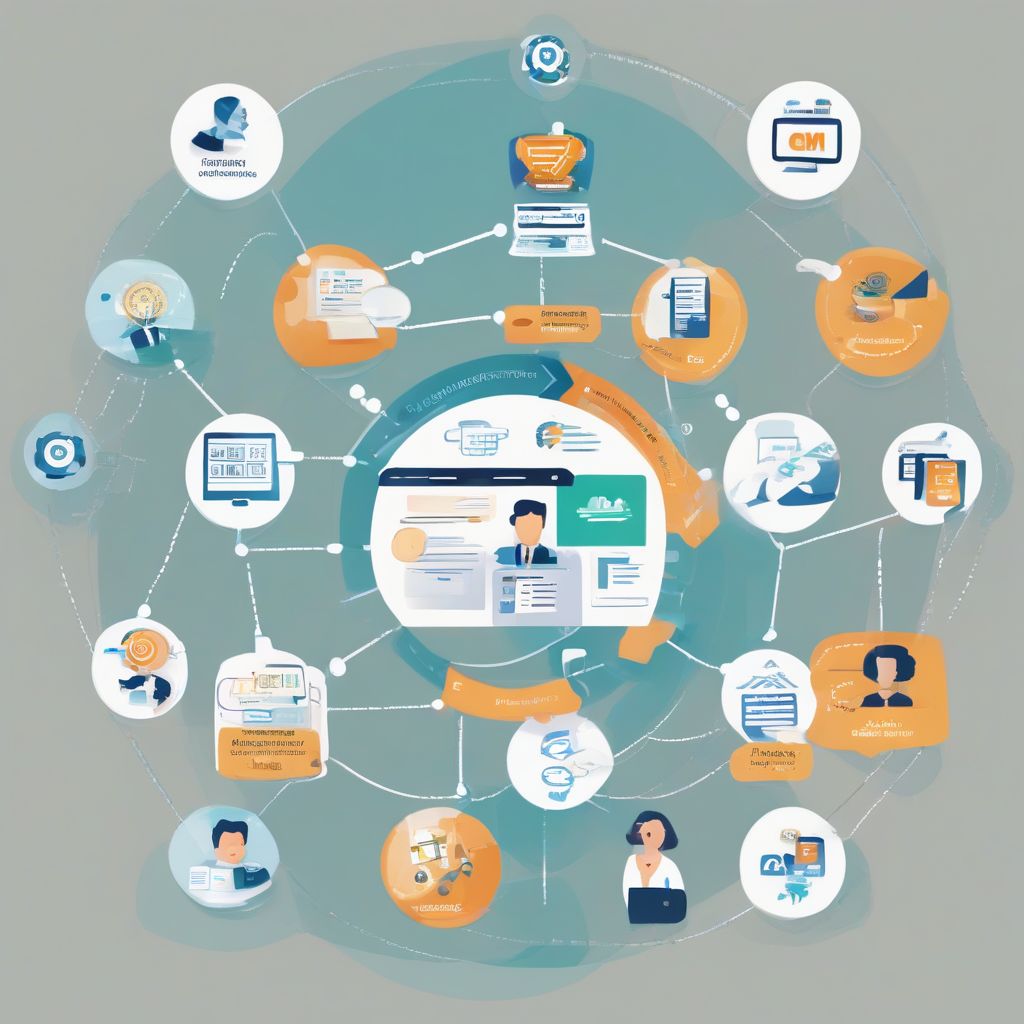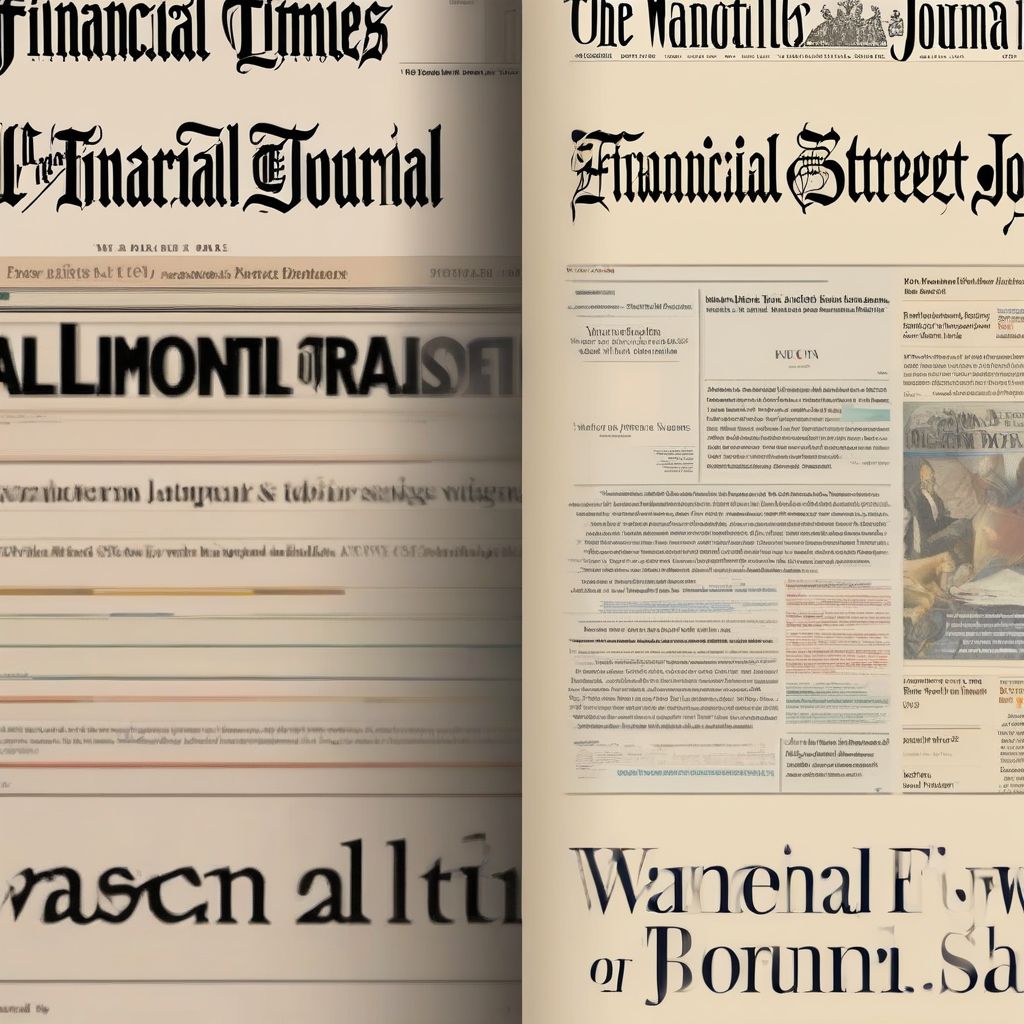CRM for Financial Services Industry: The Ultimate Guide to Growth
The financial services landscape is evolving rapidly, with customer expectations reaching new heights. In this competitive environment, financial institutions must leverage every tool available to enhance customer relationships and drive growth. This is where CRM for financial services emerges as a game-changer. But what exactly does it entail and how can it benefit your institution? Let’s dive in.
Understanding CRM in the Financial Services Landscape
CRM, or Customer Relationship Management, is a strategy, often powered by software solutions, that helps businesses manage and analyze customer interactions and data throughout the customer lifecycle. CRM for financial services, specifically, refers to CRM systems tailored to the unique needs and challenges of banks, investment firms, insurance companies, and other financial institutions.
Why is CRM crucial for the financial services industry? Consider this:
- Personalized Customer Experiences: In an age of instant gratification, customers expect personalized services. CRM provides a 360-degree view of customer data, enabling financial advisors to offer tailored financial advice, product recommendations, and proactive support.
- Enhanced Customer Retention: Acquiring new customers is significantly more expensive than retaining existing ones. CRM helps foster customer loyalty by providing insights that facilitate personalized interactions, timely responses, and proactive problem-solving.
- Streamlined Operations & Increased Efficiency: Manual processes can be time-consuming and error-prone. CRM automates tasks like data entry, appointment scheduling, and email marketing, freeing up valuable time for financial advisors to focus on building relationships.
- Data-Driven Decision Making: CRM systems gather valuable data on customer behavior, preferences, and interactions. This data can be analyzed to identify trends, predict customer needs, and make informed decisions regarding product development, marketing campaigns, and overall business strategy.
Key Features of CRM for Financial Services
Not all CRM systems are created equal. For financial institutions, certain features are essential for maximizing the technology’s potential:
- Compliance & Security: Data security is paramount in the financial services industry. Look for CRM solutions with robust security features, including encryption, access controls, and audit trails, to ensure compliance with regulations like GDPR and CCPA.
- Financial Services Specific Functionality: Some CRM systems offer specialized features tailored to financial services, such as portfolio management tools, wealth management capabilities, insurance policy tracking, and integration with core banking systems.
- Workflow Automation: Automation streamlines repetitive tasks and minimizes manual errors. A strong CRM for financial services should automate processes like lead nurturing, KYC (Know Your Customer) procedures, and client onboarding.
- Reporting & Analytics: In-depth reporting and analytics dashboards provide valuable insights into customer behavior, sales performance, marketing campaign effectiveness, and overall business health.
Choosing the Right CRM for Your Financial Institution
Selecting the ideal CRM system is a critical decision. Consider these factors:
- Size and Complexity: The needs of a small wealth management firm differ from those of a multinational bank. Choose a CRM that aligns with your institution’s size, complexity, and specific requirements.
- Integration Capabilities: Seamless integration with existing systems, such as core banking software, email marketing platforms, and financial planning tools, is crucial for maximizing efficiency and data utilization.
- Mobile Accessibility: In today’s mobile-first world, ensure your CRM solution offers a user-friendly mobile interface for advisors on the go and empowers customers with self-service options.
- Vendor Reputation and Support: Partner with a reputable CRM provider with a proven track record in the financial services industry and a commitment to ongoing support and updates.
The Future of CRM in Financial Services
The evolution of CRM in the financial services sector shows no signs of slowing down. Expect to see continued advancements in areas like:
- Artificial Intelligence (AI) & Machine Learning: AI-powered CRM solutions will further enhance personalization by analyzing vast amounts of data to predict customer needs, automate tasks, and provide proactive insights.
- Hyper-Personalization: CRMs will leverage AI and advanced analytics to deliver hyper-personalized customer experiences, tailoring financial advice, product recommendations, and even communication styles to individual preferences.
- Enhanced Collaboration & Communication: CRM will break down data silos within financial institutions, fostering seamless collaboration between departments like sales, marketing, and customer service, resulting in a unified and consistent customer experience.
 CRM for Financial Services
CRM for Financial Services
Conclusion
In an era defined by digital transformation and evolving customer expectations, CRM for financial services has transitioned from a “nice-to-have” to a “must-have” technology. By embracing CRM, financial institutions can unlock a world of opportunities to enhance customer relationships, streamline operations, and drive sustainable growth. As you navigate the complexities of the financial services landscape, remember that investing in the right CRM solution can be the key differentiator that sets your institution apart in a crowded marketplace. Don’t just manage customer relationships – cultivate them, nurture them, and watch your business flourish. To learn more about how technology is shaping the future of finance, explore our website for insightful articles and resources.



